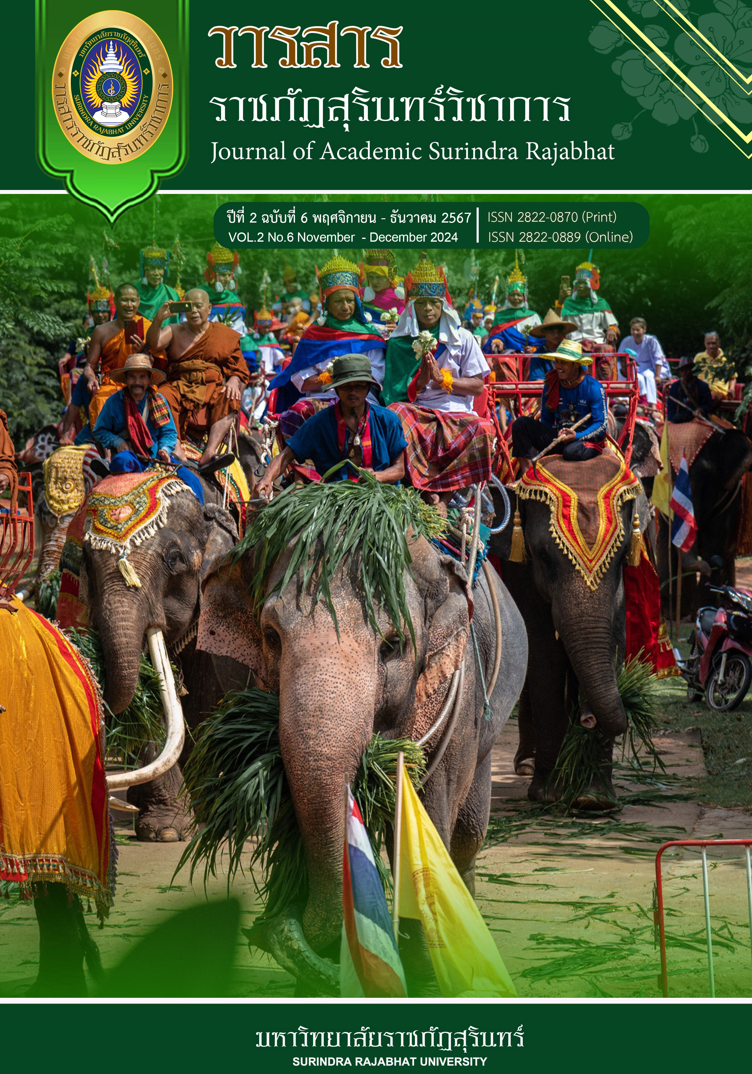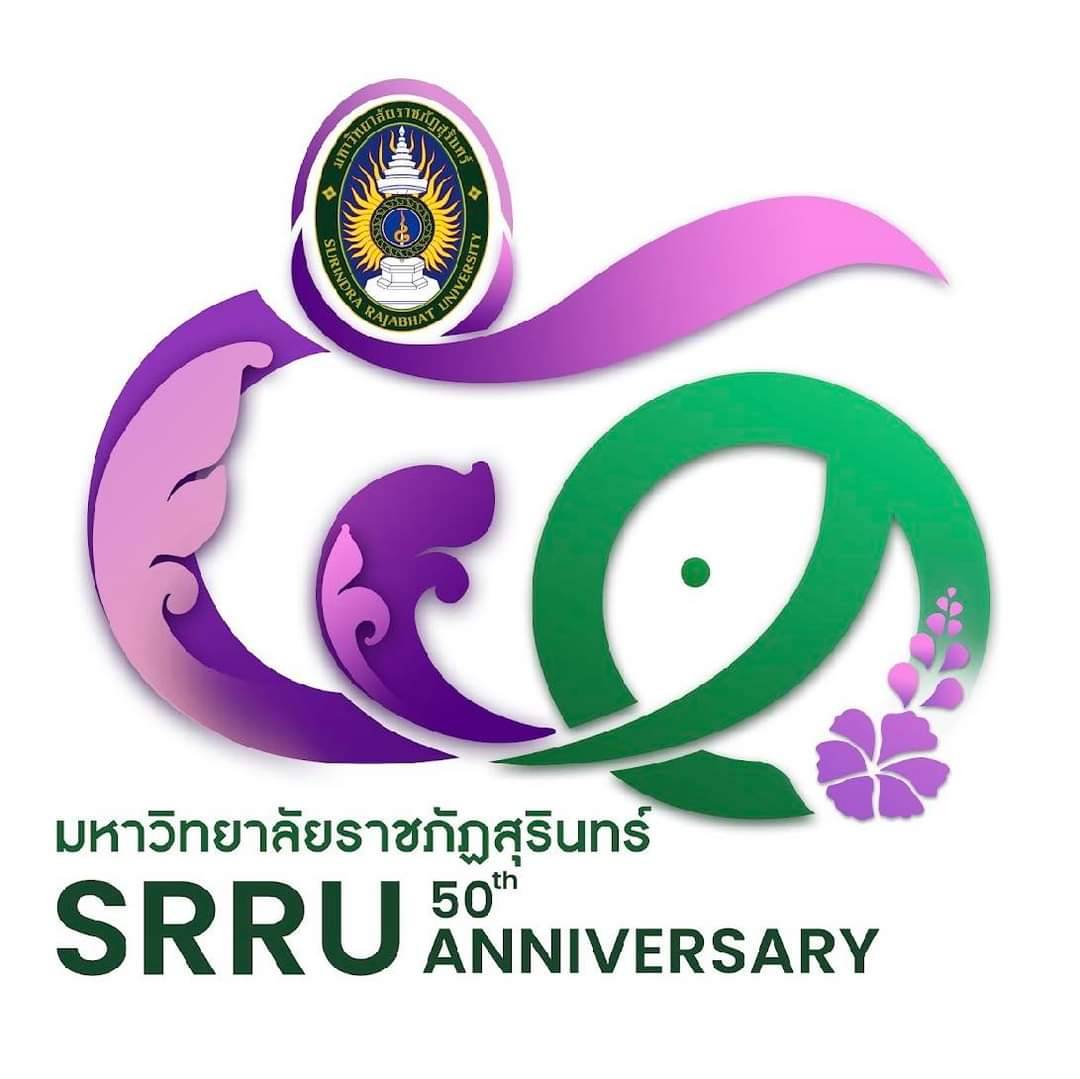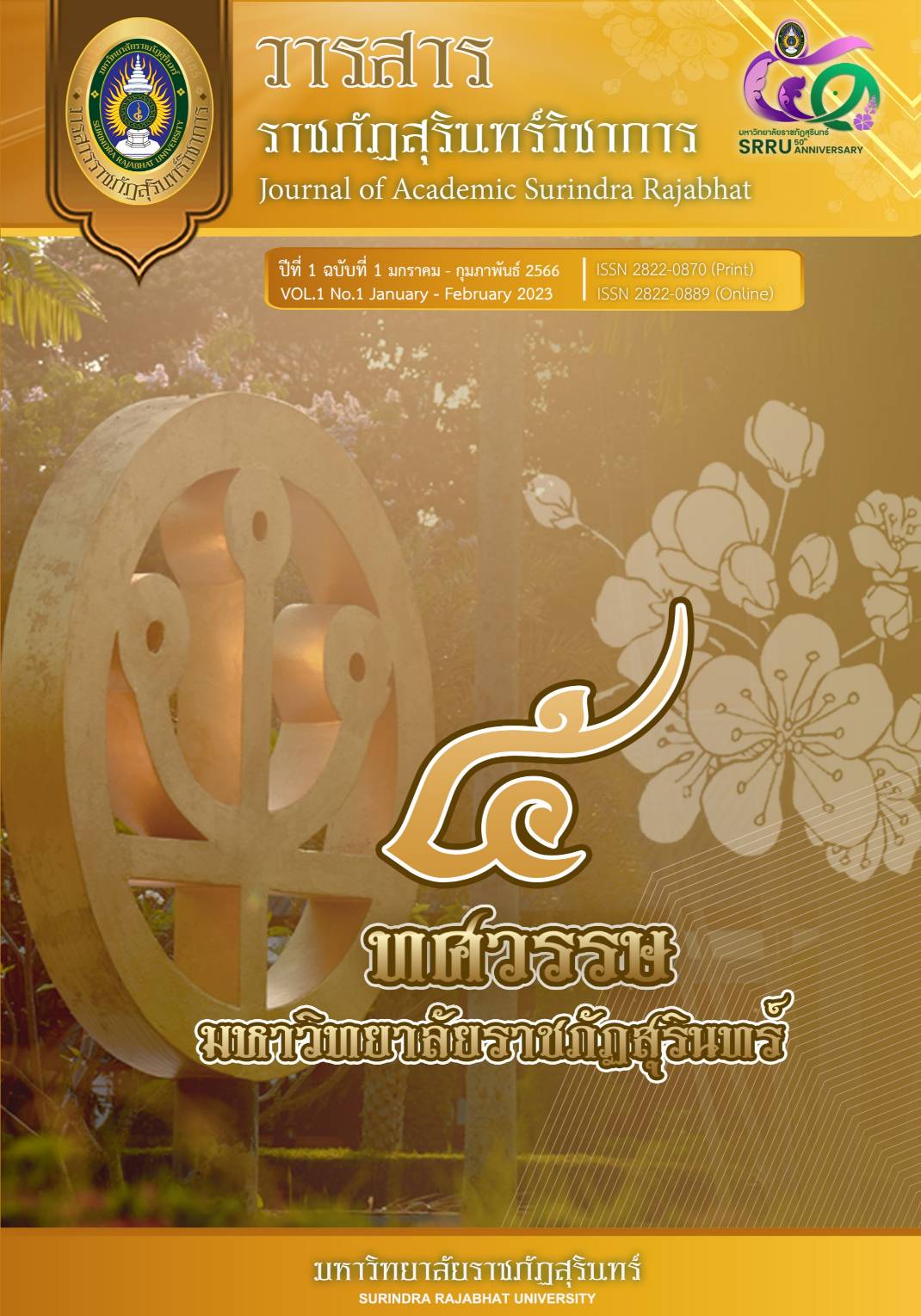ความฉลาดรู้ด้านสถิติ ความฉลาดรู้ด้านข้อมูล และความฉลาดรู้ด้านสารสนเทศ: สิ่งที่แตกต่างและเหมือนกัน
คำสำคัญ:
ความฉลาดรู้, สถิติ ข้อมูล สารสนเทศ, สิ่งที่แตกต่างกัน, สิ่งที่เหมือนกันบทคัดย่อ
สังคมที่ขับเคลื่อนด้วยข้อมูลข่าวสารทำให้ความฉลาดรู้เกี่ยวกับสถิติ ข้อมูล และสารสนเทศมีความสำคัญและเป็นจุดเน้นสำหรับการจัดการเรียนรู้มากขึ้น บทความวิชาการนี้มีวัตถุประสงค์เพื่อนำเสนอสิ่งที่แตกต่างและสิ่งที่เหมือนกันระหว่างความฉลาดรู้ด้านสถิติ ความฉลาดรู้ด้านข้อมูล และความฉลาดรู้ด้านสารสนเทศ สาระสำคัญ ประกอบด้วย 1) ความฉลาดรู้ด้านสถิติ มุ่งเน้นการรู้เท่าทันข้อสรุปทางสถิติที่พบ ซึ่งเกิดจากความเข้าใจและสามารถตั้งคำถามสืบย้อนกลับไปในกระบวนการแก้ปัญหาทางสถิติ ความฉลาดรู้ด้านข้อมูล เน้นการสร้างสารสนเทศหรือความรู้ที่สามารถนำไปใช้ได้ในโลกชีวิตจริง และความฉลาดรู้ด้านสารสนเทศ มุ่งเน้นการสร้างสารสนเทศใหม่ซึ่งเกิดจากการสังเคราะห์สารสนเทศที่เกี่ยวข้องและนำไปใช้ตอบคำถามหรือแก้ปัญหาเรื่องใดเรื่องหนึ่ง และ 2) ความฉลาดรู้ทั้ง 3 ประเภท มีสิ่งที่แตกต่างกัน ได้แก่ ความหมาย กระบวนการส่งเสริม เป้าหมาย ลักษณะการทำงาน ลักษณะสำคัญ และสาขาวิชา และสิ่งที่เหมือนกันคือเกิดขึ้นภายใต้การทำงานในลักษณะสหวิทยาการ และการประเมินอย่างมีวิจารณญาณต่อสารสนเทศที่พบ เมื่อเข้าใจสิ่งที่แตกต่างและและสิ่งที่เหมือนกันของความฉลาดรู้ทั้ง 3 ประเภท จะทำให้ครูจัดการเรียนรู้ได้อย่างถูกต้องและตรงประเด็น
Downloads
เอกสารอ้างอิง
American Association of School Librarians Association. (1998). Information Literacy Standards for Student Learning. Retrieved from https://www.ala.org/ala/aasl/aaslproftools /-informationpower/InformationLiteracyStandards_final.pdf
Bargagliotti, A., Franklin, C., Arnold, P., Gould, R., Johnson, S., Perez, L., and Spangler, D. A. (2020). Pre-K–12 Guidelines for Assessment and Instruction in Statistics Education II (GAISE II). Alexandria, VA: American Statistical Association.
Callingham, R. and Watson, J. (2017). The Development of Statistical Literacy at School. Statistics Education Research Journal. 16(1) : 181-201.
Downes, S. (2022). Data Literacy. Retrieved from https://www.downes.ca/files/docs/FINAL_ May_2022_Data_Literacy_Report.pdf
Eisenberg, M. B. (2003). The Big6 Approach to Information and Technology Literacy. Retrieved from https://Eisenberg.2003.TheBig6ApproachtoInformationandTechnology Literacy.pdf
Gal. I. (2002). Adults' Statistical literacy: Meanings, Components, Responsibilities. International Statistical Review. 70(1) : 1-25.
Gould, R. (2017). Data Literacy is Statistical Literacy. Statistical Education Research Journal. 16(1) : 22-25.
Landøy, A., Popa, D., and Repanovici, A. (2020). Collaboration in Designing a Pedagogical Approach in Information Literacy. Retrieved from https://doi.org/10.1007/978-3-030-34258-6
Ridsdale, C., Rothwell, J., Smit, M., Ali-Hassan, H, Bliemel, M., Irvine, D., Kelley, D., Matwin, S., and Wuetherick, B. (2015). Strategies and Best Practices for Data Literacy Education: Knowledge Synthesis Report. Retrieved fromhttps://dalspace.library. dal.ca/bitstream/handle/10222/64578/Strategies%20and%20Best%20Practices%20for%20Data%20Literacy%20Education.pdf
Schield, M. (2004). Information Literacy, Statistical Literacy, and Data Literacy. Retrieved from https://iassistquarterly.com/public/pdfs/iqvol282_3shields.pdf
Virkus, S. (2009). Concept of Information-related Competencies. Retrieved from https:// www.tlu.ee/~sirvir/Information%20and%20Knowledge%20Management/Concept%20of%20Informationrelated%20Competencies/definitions_of_information_literacy.html
Wallman, K. K. (1993). Enhancing Statistical Literacy: Enriching Society. Journal of the American Statistical Association. 88(421) : 1-8.
Watson, J., and Callingham, R. (2003). Statistical Literacy: A Complex Hierarchical Construct. Statistics Education Research Journal. 2(2) : 3-46.
Weiland, T. (2016). Toward a Framework for Critical Statistical Literacy in High School Mathematics, in Wood, M. B., Turner, E. E., Civil, M., and Eli, J. A. (Eds.). Proceedings of the 38th Annual Meeting of the North American Chapter of the International Group for the Psychology of Mathematics Education. Tucson, AZ: The University of Arizona.
Wolff, A., Gooch, D., Montaner, J., Rashid, U., and Kortuem, G. (2016). Creating an Understanding of Data Literacy for a Data-driven Society. The Journal of Community Informatics. 12(3) : 9-26.
ดาวน์โหลด
เผยแพร่แล้ว
รูปแบบการอ้างอิง
ฉบับ
ประเภทบทความ
หมวดหมู่
สัญญาอนุญาต
ลิขสิทธิ์ (c) 2024 วารสารราชภัฏสุรินทร์วิชาการ

อนุญาตภายใต้เงื่อนไข Creative Commons Attribution-NonCommercial-NoDerivatives 4.0 International License.


















